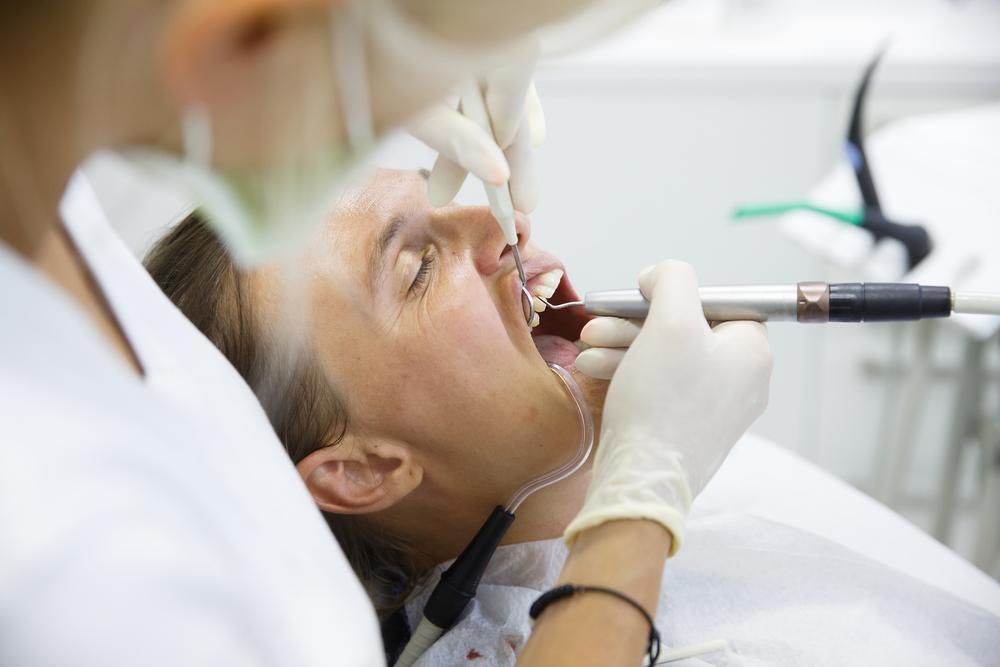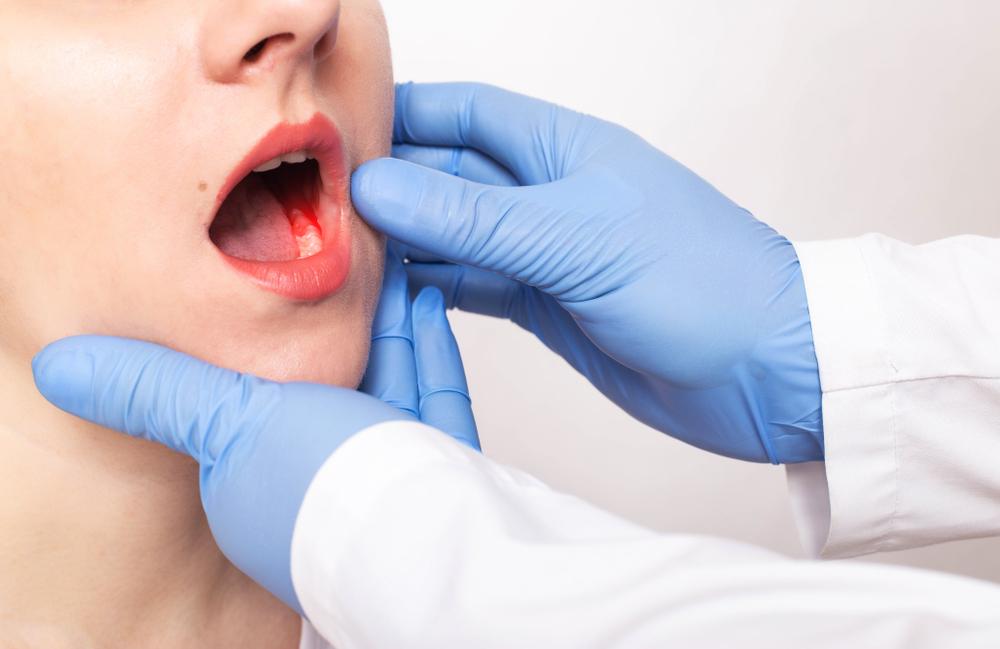Demystifying Periodontal Disease
Causes, Treatment, and Prevention
Your smile is your signature; it’s what you wear every day. But what if that signature is under threat? In this blog, we’re about to embark on a journey into the world of oral health, unveiling the mysteries of a condition that affects millions – periodontal disease.
Periodontal disease, often lurking silently, is a serious dental condition that can wreak havoc on your oral health. It goes beyond mere bad breath and bleeding gums. It’s a leading cause of tooth loss and can have far-reaching implications for your overall well-being. Understanding what periodontal disease is and its widespread prevalence is the first step in safeguarding your precious smile.
Here we will delve into the intricate details of periodontal disease. We will uncover the root causes that lead to its development, explore the treatment options available, and empower you with preventive measures to keep your oral health in check. So, let’s unravel the mysteries and get to the heart of demystifying periodontal disease.
You might not think about your gums all that often, but they play a crucial role in your overall oral health. Periodontal disease, commonly known as periodontitis, is a condition that can sneak up on you and cause serious problems if left unchecked.
Let’s Get Started
Call Us:
Office Hours :
Mon-Fri: 8:00am-5:00pm
Email Us :
appointments@kokomodentistry.com
Address :
604 East Boulevard, Suite A, Kokomo, IN 46902












